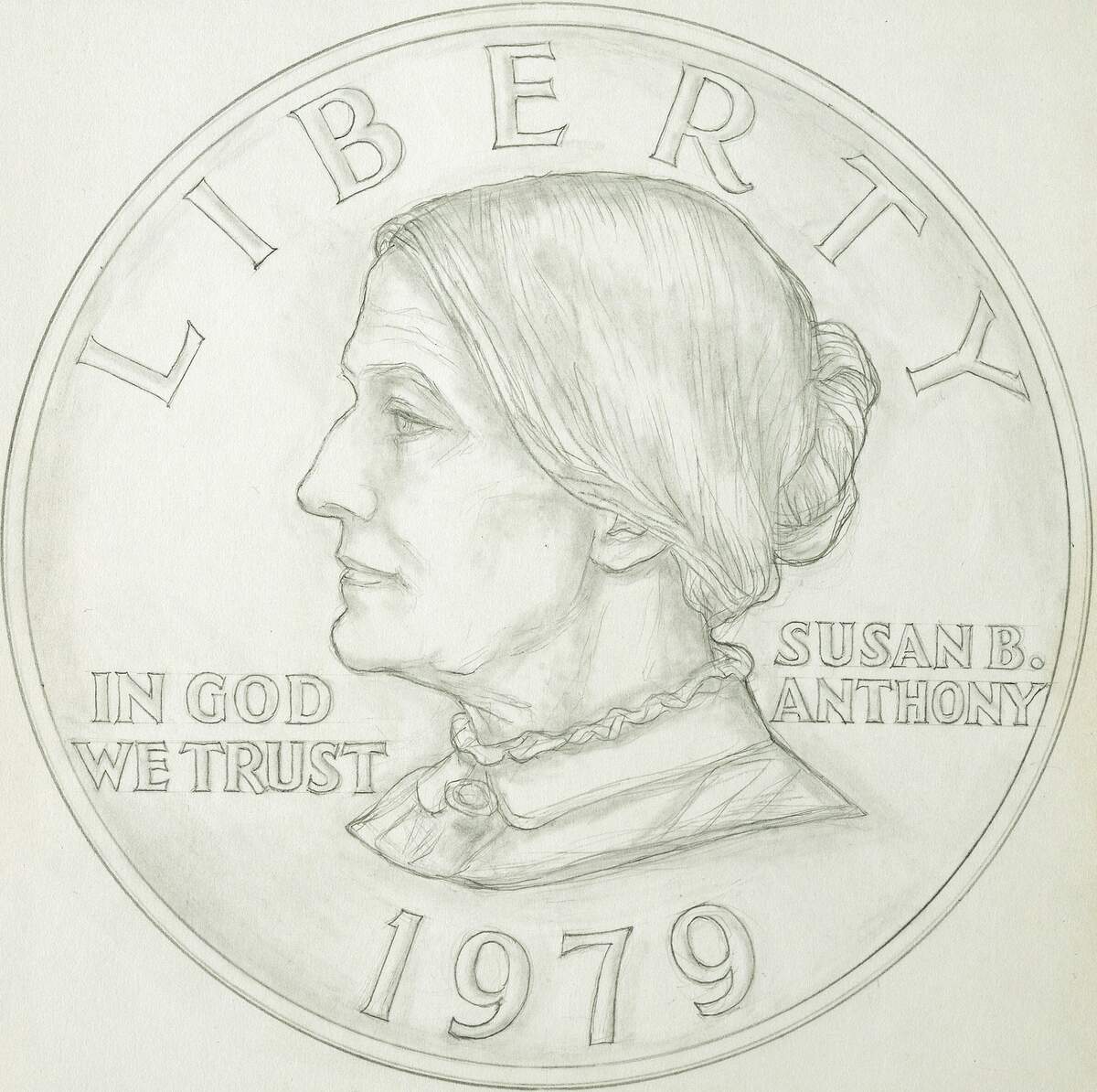

Susan B. Anthony Day
Today we celebrate Susan B. Anthony, who was born on today's date in 1820. Susan B. Anthony Day is not officially celebrated nationally. In 2011, Representative Carolyn Maloney introduced the Susan B. Anthony Birthday Act, which would have designated the third Monday in February as Susan B. Anthony Day, but the bill did not become law. The holiday is celebrated in some capacities on the state level. As of 2019, Florida is the only state where Susan B. Anthony Day is an official holiday on February 15. In Wisconsin and California, the holiday is celebrated in public schools. In West Virginia, the holiday is celebrated on election day on even-numbered years. Anthony's birthday is celebrated each August in Massachusetts. Additionally, Susan B. Anthony Day is celebrated unofficially across the country, as the birthdays of prominent historical figures often are.
Susan B. Anthony was born in Adams, Massachusetts. Her Aunt Susan, whom she had been named after, married a man named Brownell, and that is where Anthony got her middle initial from. Her family was made up of Quakers and activists, and in 1845 they moved to Rochester, New York, where they became part of the abolitionist movement. Anthony became a teacher, where she pushed for educational reforms, such as for more inclusion for girls and African Americans.
Anthony became involved in the temperance movement, and became a member of the Daughters of Temperance; she became head of the Rochester branch in 1849. Because she was a woman, there were many times she was not allowed to speak at temperance rallies. For example, she was not allowed to speak at the state convention of the Sons of Temperance in 1853. This issue helped spur her to become involved in the women's rights movement. That same year, she formed the Women's State Temperance Society with Elizabeth Cady Stanton. They petitioned the legislature to pass a law limiting alcohol sales—the petition was not accepted because it was mostly signed by women and children. It was at this time that Anthony began thinking that in order for women to be listened to by politicians, they needed the right to vote. What incentive did politicians have to listen to women if they didn't need their votes? The right to vote, known as suffrage, became the biggest issue that Anthony became involved with throughout her career.
In 1852, Anthony attended her first women's rights convention, the National Women's Rights Convention in Syracuse, New York. She began giving speeches around the country for women's suffrage and continued to do so for more than a half century. She also fought for other rights for women, such as for their right to retain their own property and earnings. She fought for the New York State Married Women's Property Bill; it was passed in 1860 and guaranteed that women could own property, keep their wages, and have custody of their children.
Anthony also spoke out against slavery and was a member of the American Anti-Slavery Society. In 1863, Anthony and Elizabeth Cady Stanton organized the Women's Loyal National League, the first national political women's organization in the United States. They collected 400,000 signatures to include with petitions to Congress that demanded the end of slavery. The American Equal Rights Association, also founded by Anthony and Stanton in 1866, fought for full citizenship, including the right to vote, for all people, regardless of race or sex. Anthony and Stanton thought the work they had done fighting for the Thirteenth Amendment, which abolished slavery, would help them secure the right to vote. However, when the Fifteenth Amendment was passed, which expanded voting rights, women were not included. Still, Anthony's profile continued to rise, and at this time she became a prominent national female leader, the first of her kind in US history.
Once again working with Elizabeth Cady Stanton, Anthony created a weekly publication for women's rights called The Revolution. Later, along with others, they put together three volumes of History of Woman Suffrage. In 1869, there was a split in the women's movement, and Anthony and Stanton formed the National Woman Suffrage Association. They continued the strategy of fighting for a constitutional amendment, while the American Suffrage Association fought for the vote on the state level. Between 1869 and 1906, Anthony went before each Congress and appealed for an amendment for suffrage. In 1872, Anthony illegally voted in the presidential election in Rochester. She was arrested, along with three of her sisters and other women, and was fined $100. She never paid the fine.
By the 1880s, Susan B. Anthony was one of the top leaders in the country, and she continued her work as she reached old age. In 1887, the two women's suffrage associations came together to form the National American Woman Suffrage Association. Anthony was its president from 1892 to 1900.
On March 13, 1906, Susan B. Anthony died of heart disease and pneumonia while at her home on Madison Street in Rochester, New York. Fourteen years later, in 1920, the Nineteenth Amendment was passed, giving women in all states the right to vote. Because of Anthony's tireless efforts on behalf of women's suffrage, it became known as the Susan B. Anthony Amendment. In 1979, Anthony became the first woman to have her likeness on a coin in the United States. In the twenty-first century, Anthony's work continues to inspire, and today we remember and celebrate her legacy.
How to Observe Susan B. Anthony Day
Honor the legacy of Susan B. Anthony today:
- Visit the National Susan B. Anthony Museum and House in Rochester, New York.
- Stop at Susan B. Anthony's grave, which is also in Rochester. Memorial services have been held here and in Washington D.C. on today's date.
- Visit the Susan B. Anthony Birthplace Museum in Adams, Massachusetts, or her childhood home in Battenville, New York. You could also support efforts to preserve the childhood home.
- Visit the National Women's Hall of Fame.
- Watch a documentary about Anthony, such as Not for Ourselves Alone: The Story of Elizabeth Cady Stanton & Susan B. Anthony or One Woman, One Vote.
- Read a book about Susan B. Anthony or the women's suffrage movement such as Failure is Impossible: Susan B. Anthony in Her Own Words, The History of Women's Suffrage, or Century of Struggle: The Woman's Rights Movement in the United States.





















